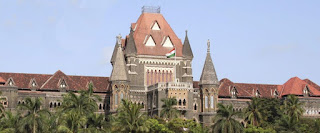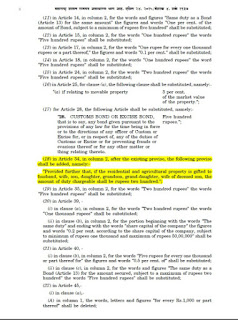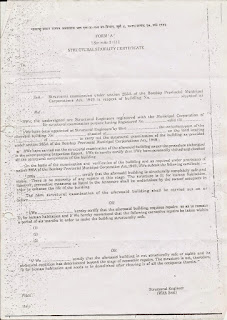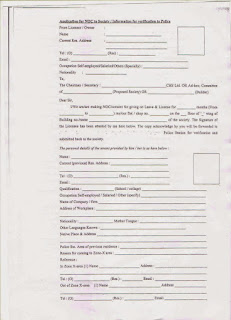Copy of the order passed by Aurangabad Bench of the Bombay High Court…that brings Cooperative Societies under ambit of RTI

Bombay High Court Jalgoan Jilha Urban Co-Op Banks ... vs The State Of Maharashtra And Ors on 13 February, 2017 Bench: T.V. Nalawade 1 WP 1304 of 2008 IN THE HIGH COURT OF JUDICATURE AT BOMBAY BENCH AT AURANGABAD Writ Petition No.1304 of 2008 With Civil Application No.15469 of 2016 * Jalgaon Jillha Urban Cooperative Banks Association Ltd., Jalgaon, District Jalgaon Through its Expert Director, Shri. J.M. Agrawal. .. Petitioner. Versus 1






